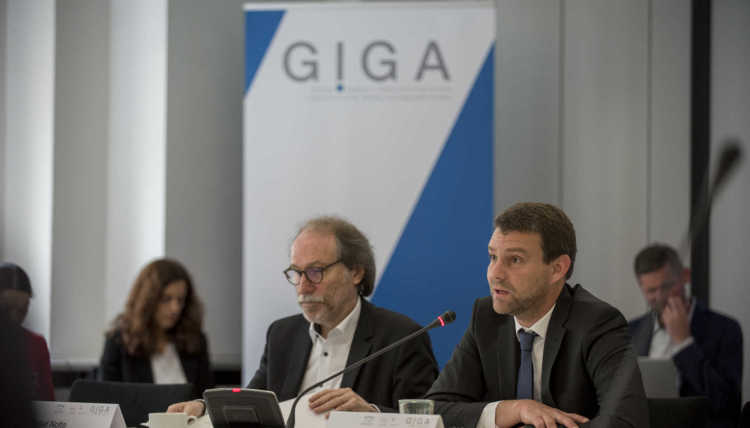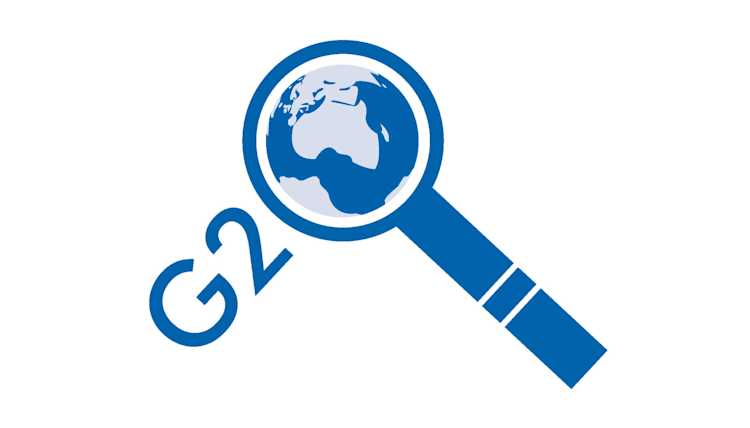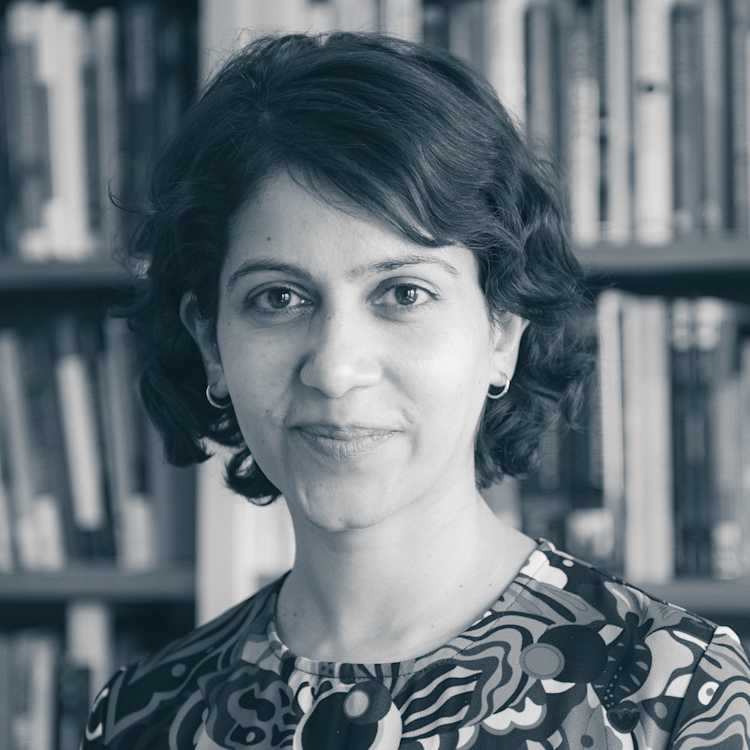In Brief | 07/07/2017
G20: "Substantive change will have to occur"
In his opening remarks at a roundtable discussion in Hamburg, GIGA scholar Jann Lay called for an honest and thorough account of the impacts and mechanisms of globalisation.

This text presents Jann Lay's introductory remarks at the roundtable "The G20’s Focus on Free and Fair Trade for Sustainable Development" which took place at the GIGA on 7 July 2017.
Dear Ladies and Gentlemen,
On behalf of the three organizers – the ICTSD, the DIE and the GIGA – I would like to welcome you to this roundtable here at the German Institute for Global and Area Studies (GIGA). My name is Jann Lay. I am the acting director of the GIGA Institute for African Affairs and also co-chair of the T20 Task Force on the 2030 Agenda. I would also like to extend a warm welcome on behalf of Amrita Narlikar, the GIGA president, who cannot be with us today due to other commitments. In my introductory remarks I will refer to some of her thoughtful work on the G20 and globalization. You can also find more of GIGA’s recent work on different aspects of the G20’s agenda on our website and on the shelves.
The very fact that we were advised by the German authorities not to publicize this event because of security reasons is – in some sense – witness to the importance of our discussion on free and fair trade and sustainable development. We as organizers had to be able to guarantee the safety of our guests, which is why we followed this advice. We are, however, not at all conforming to the idea that this discussion should be held behind closed doors. This is why we will issue a press announcement and publish these introductory remarks right after the meeting. However, as we have government officials with us today, the meeting will be held under the Chatham House Rule of no attribution.
According to Chancellor Merkel, “Open markets and free, fair sustainable and inclusive trade” are a key focus of Germany’s G20 presidency. Thus today, we will discuss potential pathways of and options for a fairer and more sustainable globalization – particularly focusing on international trade and investment and the role of the G20. Globalization and interrelated technological changes have been instrumental in accelerating global economic growth, especially in many poorer parts of the world.
However, the discontent with globalization voiced by many of the protesters out on the streets in this city is not without cause: globalization results in labour market adjustments that hurt selected groups, typically those who have little capacity to adjust and are often at the bottom of the wage distribution. Not only through this channel, globalization is contributing to increasing inequality and social stratification. Further, and related, a much larger group of people – particularly in the rich parts of the world – feels disenfranchised by globalized markets and governance structures. Finally, globalization has accelerated growth with a model that is resource, energy and carbon intensive. This I could have said even before Donald Trump was elected US president.
What does this imply? Reiterating that trade and foreign investment are powerful engines for growth and development – to quote our concept note – is important but is not enough. Similarly, it is not sufficient – as often claimed – to better explain the benefits of globalization. Also, changing the narrative alone will not suffice. Eventually, substantive change will have to occur. I believe for this substantive change to happen, we need an honest and thorough account of the impacts and mechanisms of globalization. Such improved knowledge will provide the basis for – to use the words of Amrita Narlikar – “issue-specific and research-backed technical solutions,” which must be the backbone for a reformed fair, inclusive and sustainable trade and investment regime.
This does not mean that we do not know enough to act; it means that we – as policy-makers, analysts and researchers – should think more carefully about trade and investment policies and the assumptions that underpin them. These assumptions must be scrutinized, and conventional wisdom and standing concepts challenged. The 2030 Agenda together with the Paris agreement provide clear guidance as to the development goals that are to be supported by free, fair and sustainable trade. The G20 – if it continues to become a more open process – can be an adequate forum in which to raise and discuss new ideas for a fairer and more sustainable international regime. More importantly, it can – within the SDG and Paris frameworks – leverage the implementation of new means and instruments once these have been identified.
To kick off the roundtable discussion, allow me to propose three key issue areas and recommendations for this summit, which we might return to later. Here, I blend T20 global solutions and my own personal viewpoints.
Policy coherence: Trade and investment policies have to take the 2030 agenda seriously. This is not currently the case. Just consider the G20’s “Compact with Africa” initiative – an initiative aimed at increasing private investment in Africa, including foreign investment. The framework document that was presented to the G20 finance ministers earlier this year hardly makes any reference to the 2030 agenda.
Standards: The T20 solutions call for the establishment of a “Global Pact for Sustainable Trade” and the setting of minimum standards for environmental protection, labor conditions and human rights protection in global value chains. Such a pact requires an evidence base on the impacts of mandatory and voluntary standards as well as the potential role of and the interplay between national and international regulations and bodies. We will have to thoroughly examine what works and what does not, and – even better – why.
Investor rights and obligations: The “G20 Guiding Principles for Global Investment Policy Making” place the burden of ensuring private investors observe best practices and respect human rights on host governments. A better balance should be struck between investor rights and investor obligations (as is the case, for example, in the UNCTAD Investment Policy Framework on Sustainable Development). Again, however, the evidence base to justify either regime is rather thin.
These three issue areas illustrate that a fair and sustainable trade regime cannot be achieved without considerably widening the scope of trade policy-making and, possibly, the mandate of the WTO. Global trade governance will have to address the future structuring elements of the world economy, which includes not only investment flows but also services trade. Finding the right policies and the right modalities of openness will be much trickier than in a world where policy-makers would decide on good old “goods market liberalization”. This is very likely to imply that trade and investment policies will have to leave more policy space to the national level without compromising on social and environmental objectives.
Jann Lay is Acting Director of the GIGA Institute for African Affairs and Head of GIGA's "Growth and Development" Research Programme. He co-chairs the 2030 Agenda Task Force within the T20 (Think-20) network.


